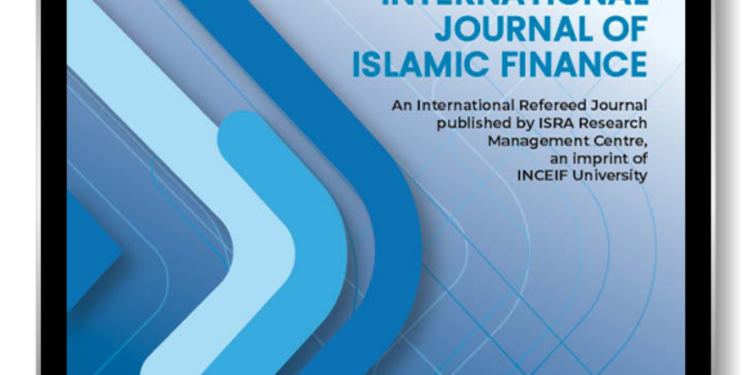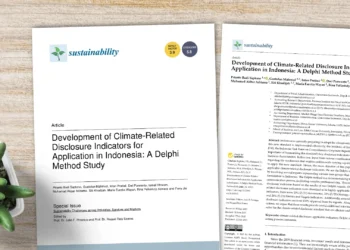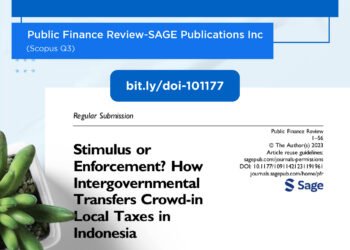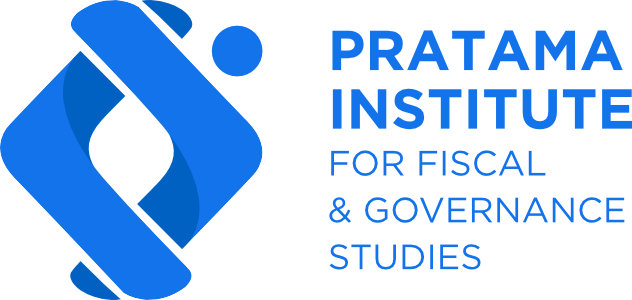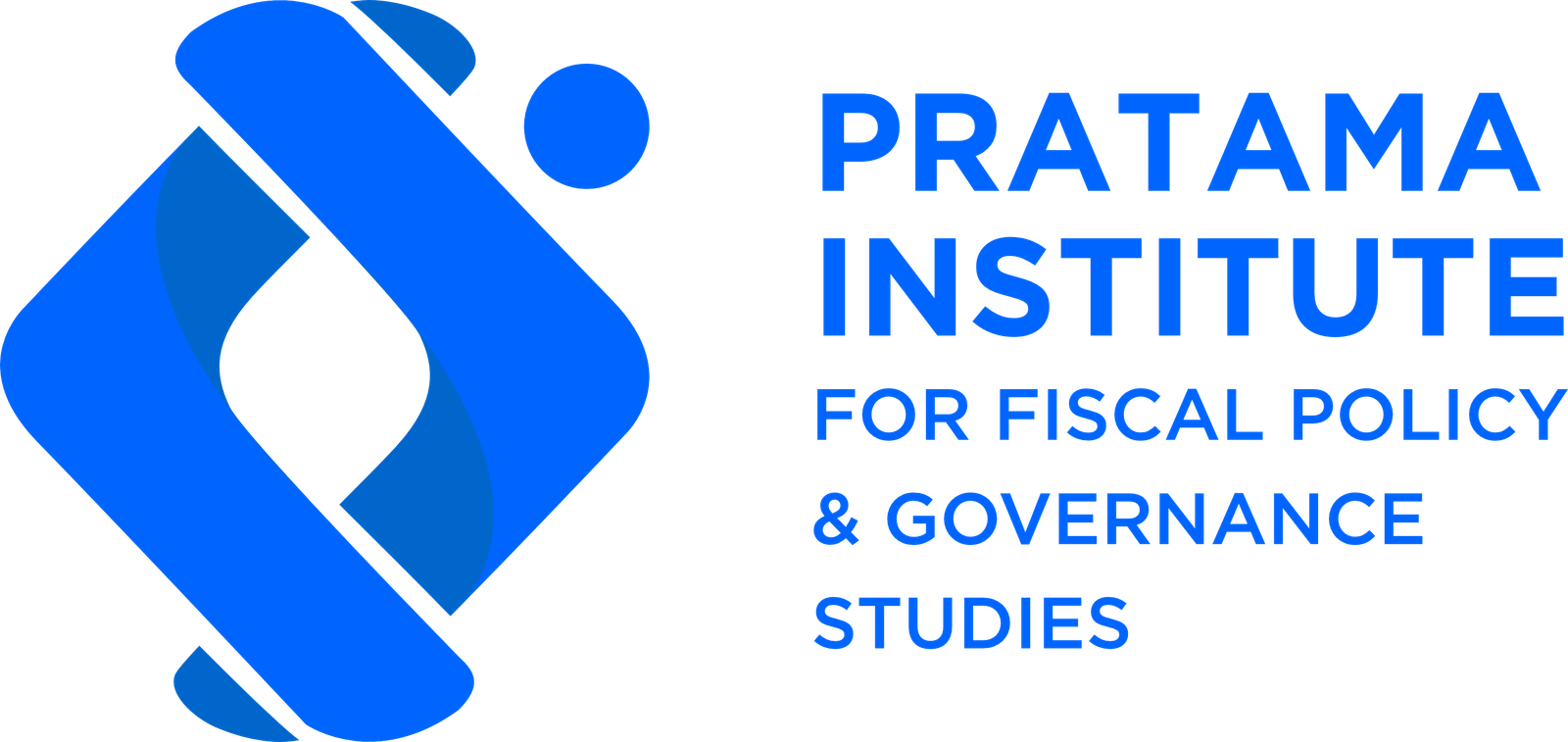Prianto Budi Saptono
Department of Fiscal Administration, Faculty of Administrative Science, Universitas Indonesia, Depok, Indonesia,
Ismail Khozen
Department of Tax Policy, Pratama Institute for Fiscal and Governance Studies, South Jakarta, Indonesia
Abstract
Purpose — This study explores the perspectives of key figures from Islamic boarding schools (Kiai Pesantren) in Depok City, Indonesia, regarding the efforts to promote fiscal transparency, participation and accountability (FTPA) by the government for enhancing taxpayer compliance.
Design/Methodology/Approach — This study is based on the interpretivist paradigm. Keywords related to Muslims’ obligations, zakat and taxes were sourced to find relevant literature. A thematic analysis was conducted of in-depth interview data from Kiai Pesantren regarding their perspectives on state fund management.
Findings — The results show the importance of FTPA in state fund management, especially when aligned with Islamic principles. Fiscal transparency involves directing tax funds towards poverty alleviation alongside infrastructure development. The involvement of religious organisations can be aimed at fostering moral responsibility among officials, while citizen participation can be facilitated through open data for budget planning. The accountability of public officials must be accompanied by efforts to minimise corruption and enforce strict punishments for corrupt activities. Moreover, fully crediting zakat payments for Muslim taxpayers could improve tax compliance, but this requires assurance through future policy reforms.
Originality/Value — This study contributes to the literature by integrating Islamic principles into the framework of FTPA.
Research Limitations/Implications — Broader insights into tax compliance management and support for Sharīʿah–based taxation could be addressed by involving Islamic scholars across countries.
Artikel ini ditulis oleh Bapak Prianto Budi Saptono dan Ismail Khozen telah terbit di ISRA International Journal of Islamic Finance (terindeks Scopus Q2, SJR 0,34) pada 28 Juni 2024 https://doi.org/10.55188/ijif.v16i2.533.
Link Journal : https://journal.inceif.edu.my/index.php/ijif/article/view/533



